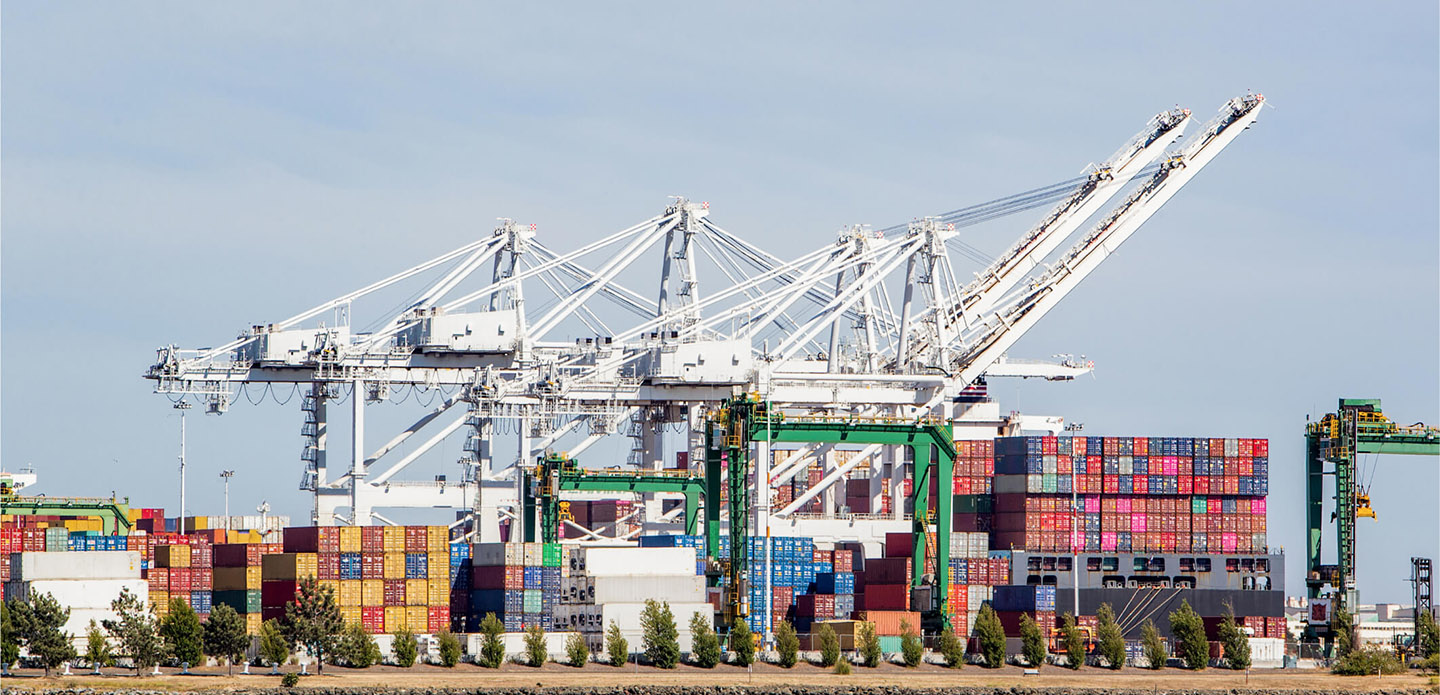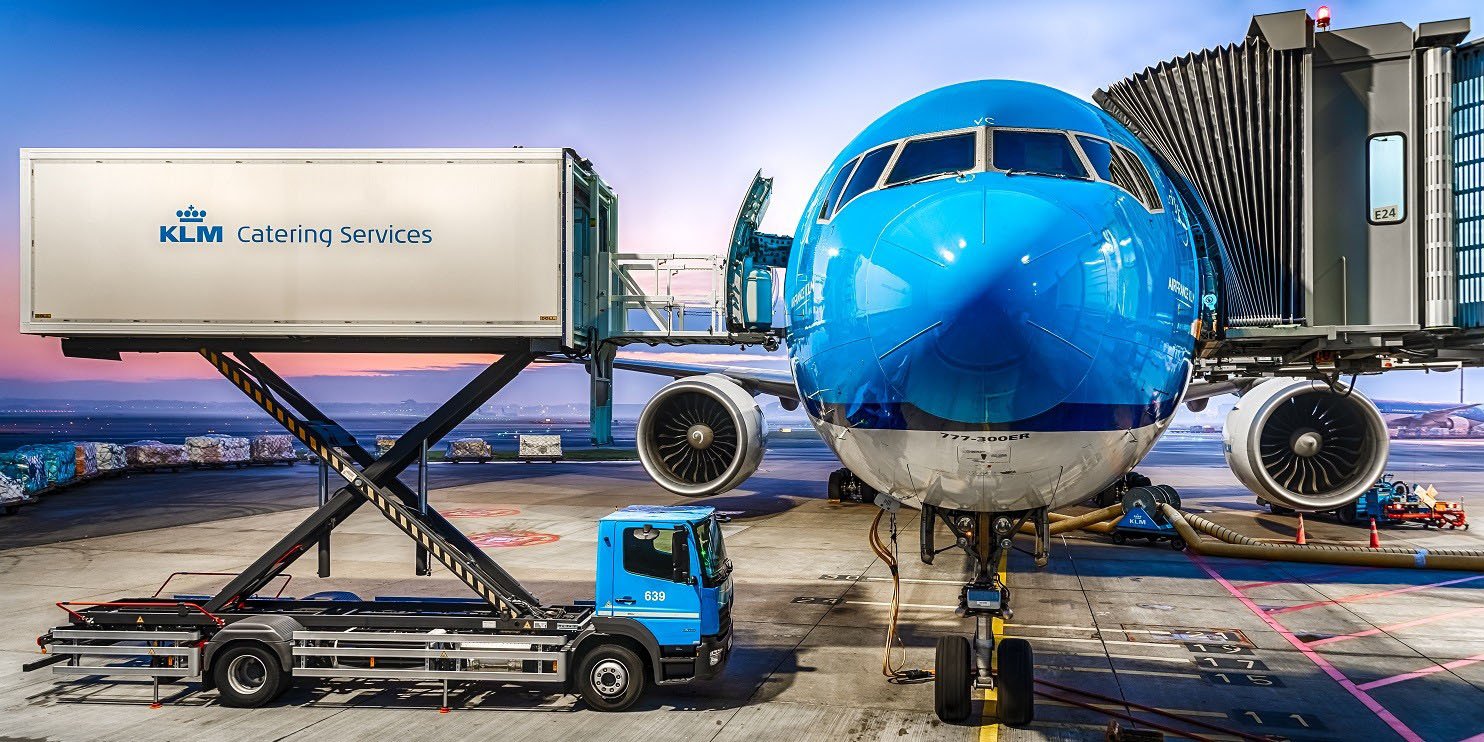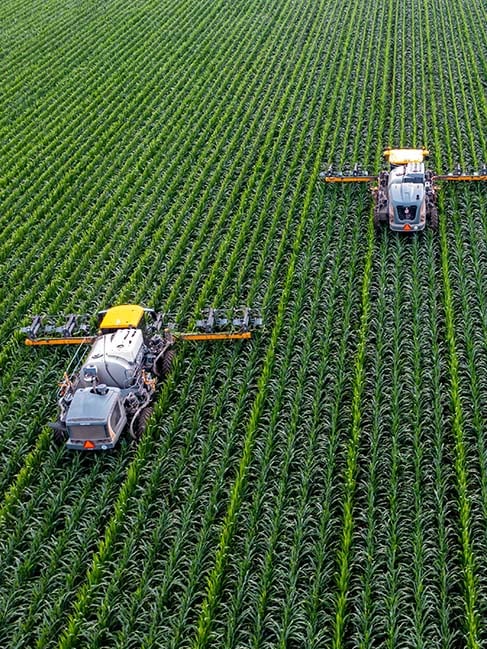A more resilient supply chain: what are the options?
Supply chains have become more complex in recent decades due to globalization, companies' growth ambitions, and their pursuit of better margins. A lot of production has moved to low-wage countries, resulting in complex global production networks. This pays off in good times but is also risky when disruptions occur.

It is no surprise that supply chain resilience is high on the agenda of many companies, according to a 2020 survey conducted by McKinsey. Supply chain disruptions have become more frequent in recent years. Across all industries, companies experience disruption on average every 3.7 years. They can lead to supply shortages, economic damage, and job losses. The cause can be a natural disaster, political unrest, or a global pandemic such as COVID-19.
Finding the balance
Only a fifth of companies have a resilient network to respond to this, a Gartner study found. Of course, you cannot prevent disasters, but you can prepare yourself. For instance, by identifying alternative suppliers and increasing (safety) stocks. The latter seems to conflict with a lean approach, which emphasizes an efficient just-in-time flow of goods and the elimination of waste.
But to prevent disruptions from paralyzing the organization, a balance must be found between just-in-time and just-in-case. Between efficiency and resilience. Companies are slowly moving back to just-in-case, holding larger stocks so that they can meet market demand at any time. Building buffers costs money but provides stability and prevents minor problems from coming to a standstill.
Decentralization
It is a fact that the frequency and impact of disruptions is increasing. Culprits include pandemics, natural disasters, and trade wars. Another concern is targeted cyber-attacks that can shut down entire production lines. For many companies, single sourcing is no longer an option. Relying on one supplier saves costs and red tape, but can make you vulnerable. For example, what happens if your supplier is faced with a cyberattack, a factory fire, or financial problems?
It's better to strive for solid and diversified relationships with suppliers. They can be other suppliers of the same component, or the same supplier who can produce from multiple locations. Go for decentralization and – if possible – regionalization of production to reduce risks and shorten the lead time for finished products. Although it's costly, it gives you more control over stocks and brings products closer to the end customer.
In some cases, keeping large stocks is expensive and unprofitable due to the complexity of the flows, the specialisms of the suppliers, and custom-made end products. In that case, it's essential to draw up guidelines or a step-by-step plan for the various scenarios. In other words, risk management is a standard procedure to prevent disruptions in the supply chain. An important aspect is collecting data about the suppliers' financial position and how quickly they can scale up their production or transfer them to another production location. This is essential information to anticipate unexpected and continuously changing situations correctly.
Cooperation
At the same time, you could take a critical look at your bills of materials and articles with the production team. Find out which parts come from high-risk areas and if there are alternatives. If they're not available, work with your supplier to find suitable solutions. In any case, promoting cooperation in the supply chain is a good strategy. It provides you with insight into each other's lead times and stock levels and creates an early warning system.
A control tower system also contributes to a resilient supply chain because of the insight it can provide. Like an air traffic control tower, such a system provides an overview of the entire operation, bringing together and mobilizing data spread across many places inside and outside the organization. Real-time information about, for instance, stocks, orders, and production, allows you to adjust more quickly, determine what has priority and what actions need to be taken to solve issues.
A more resilient supply chain


Want to know more?
We are happy to help you! Call us directly or contact us by email.
+31 85 400 99 70
info@fellowmindcompany.com


